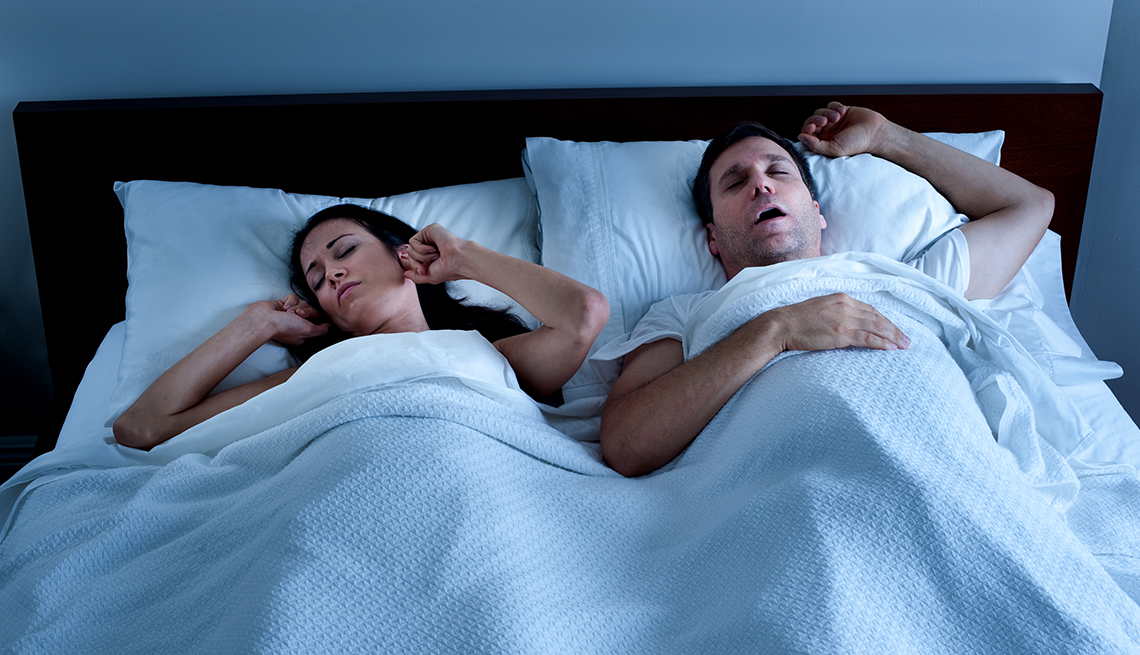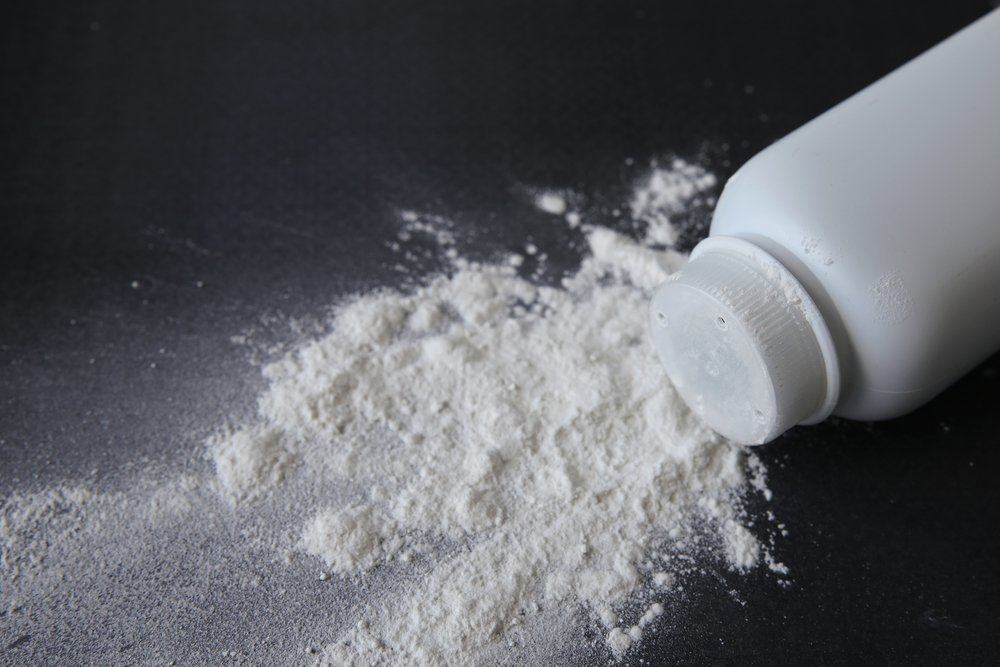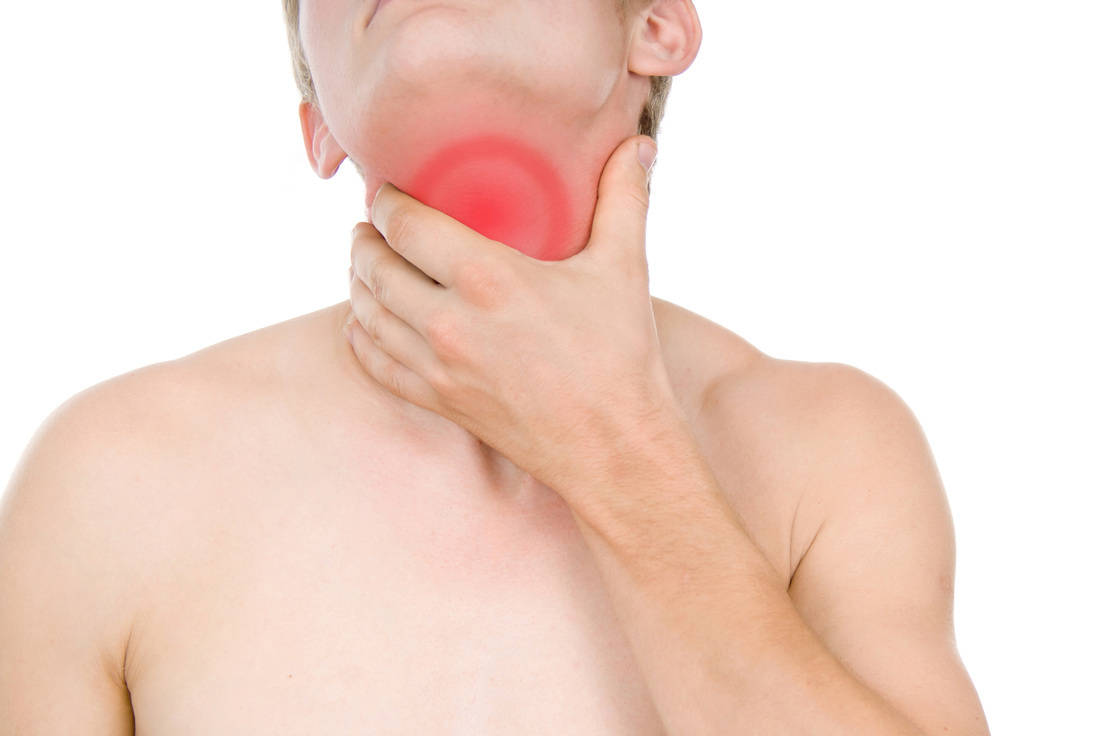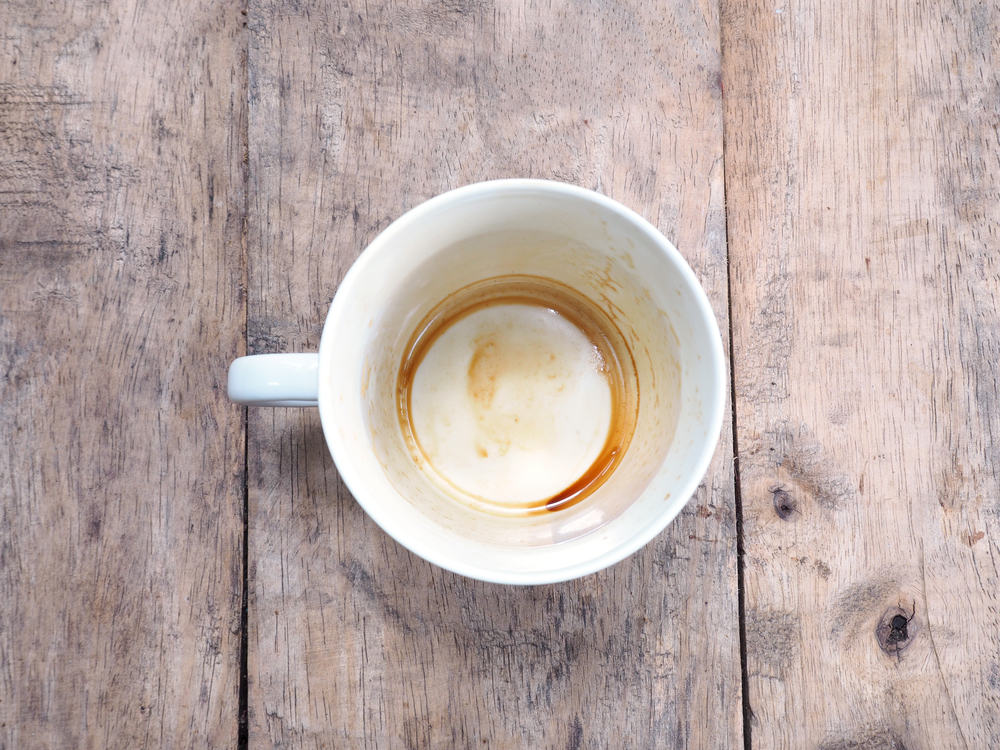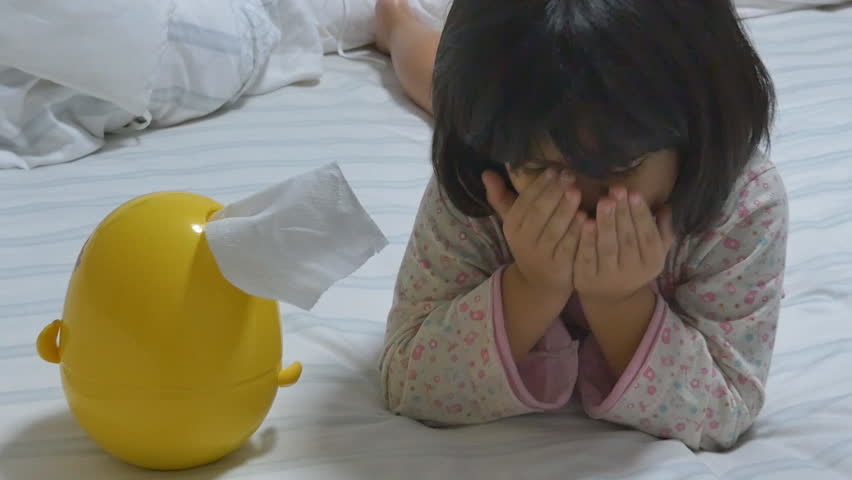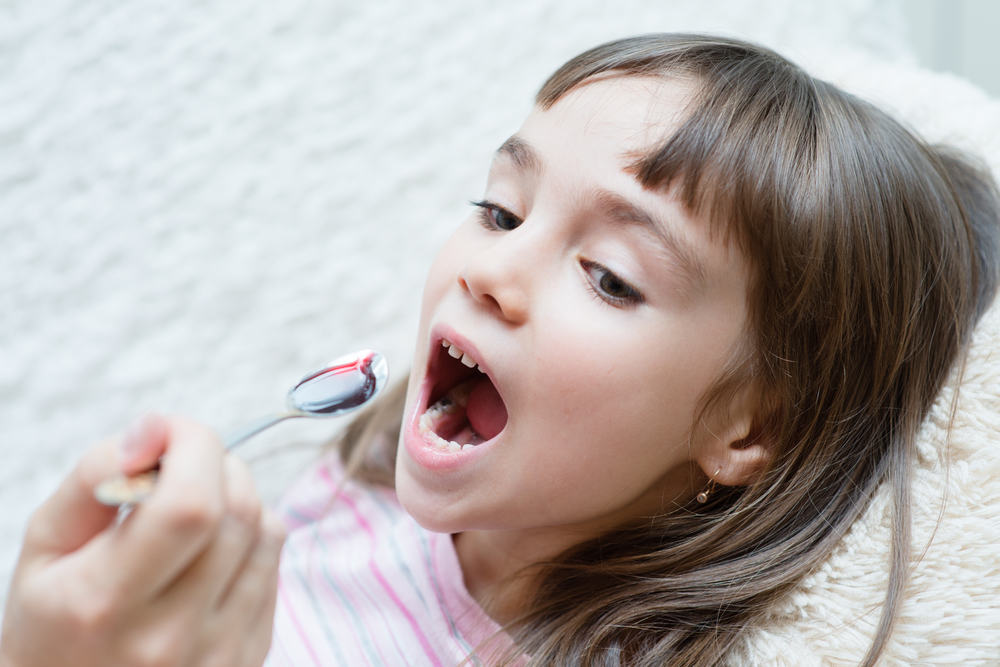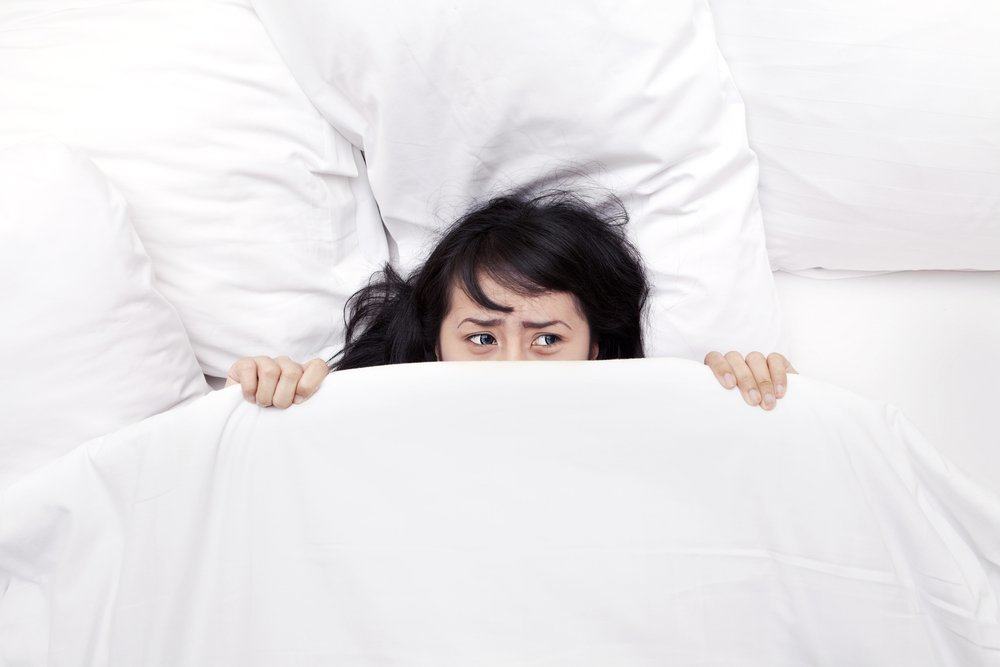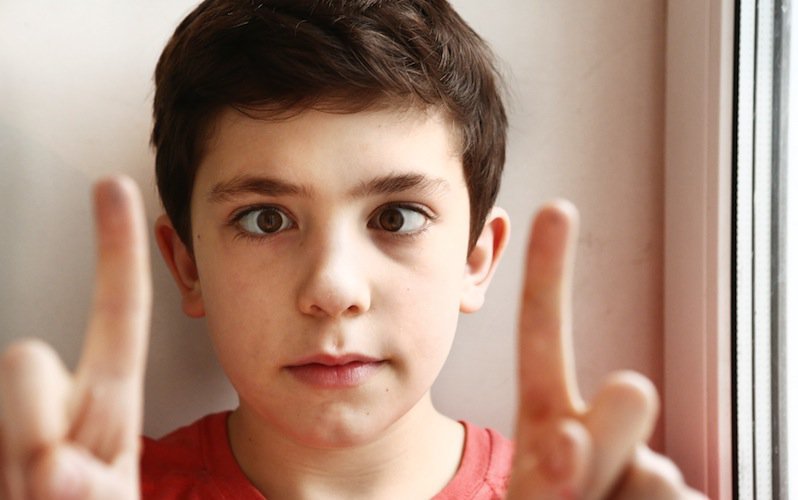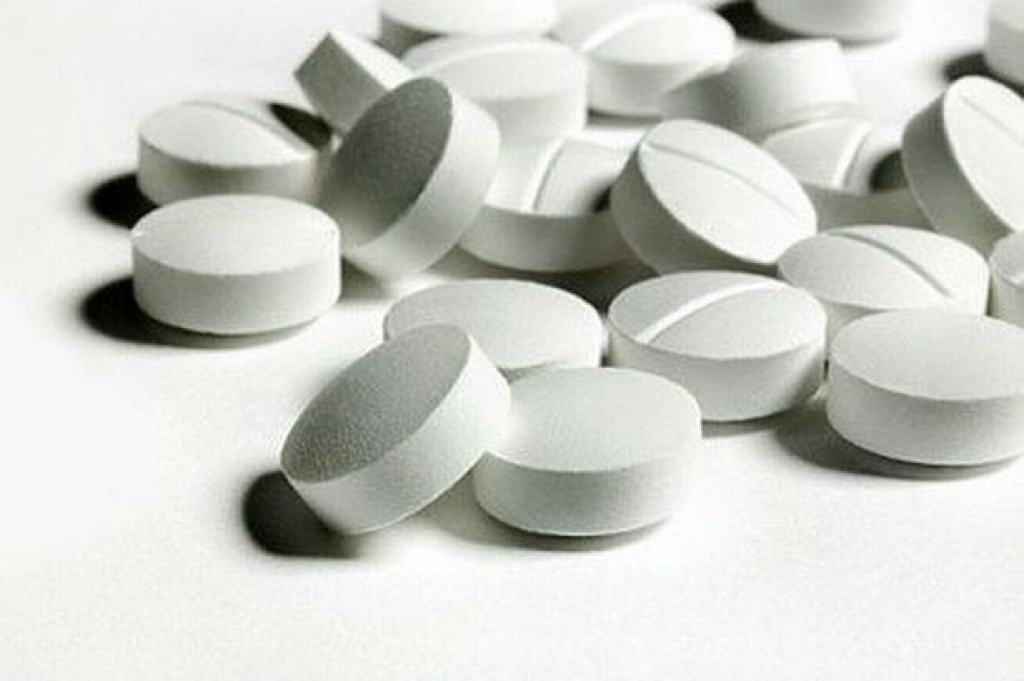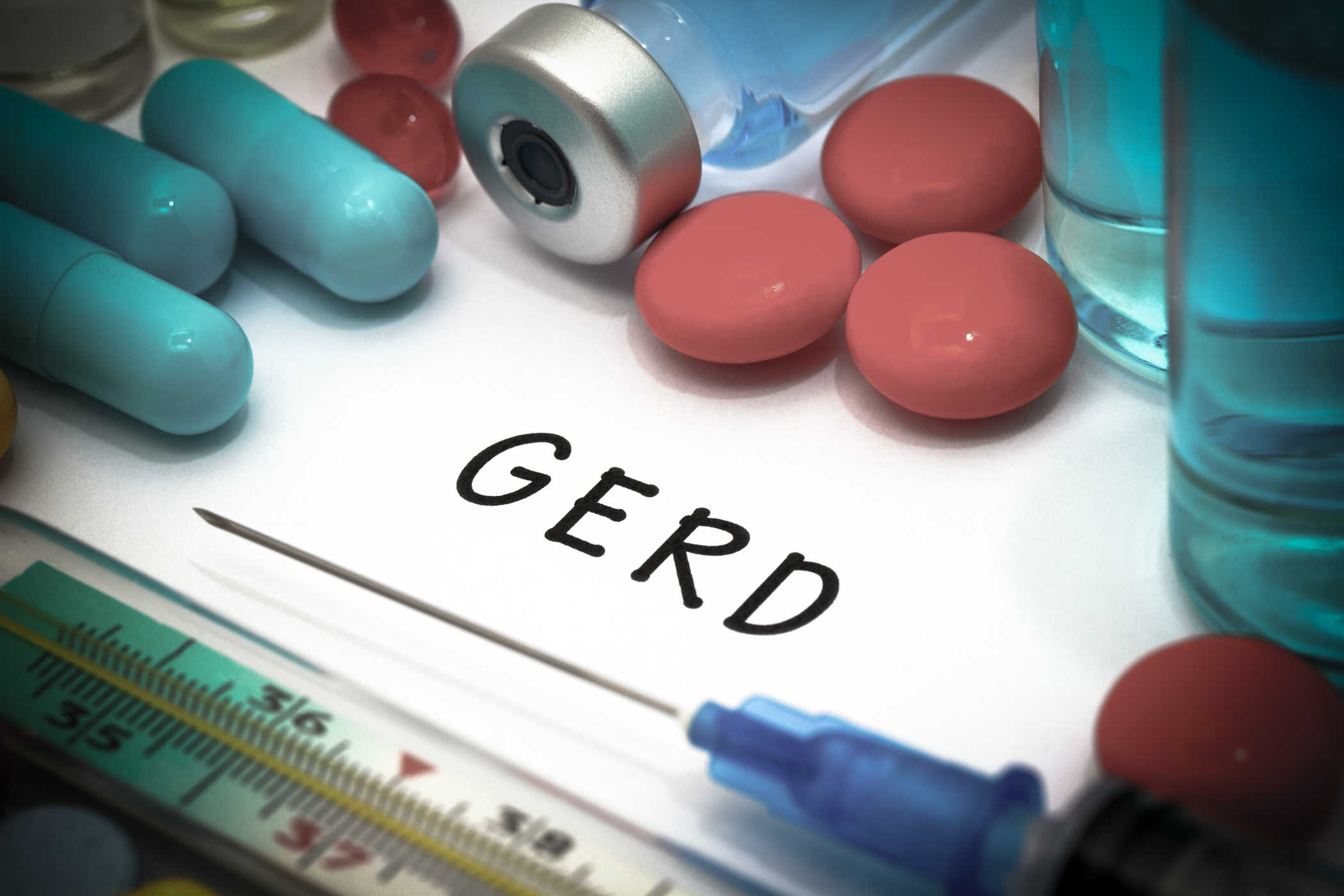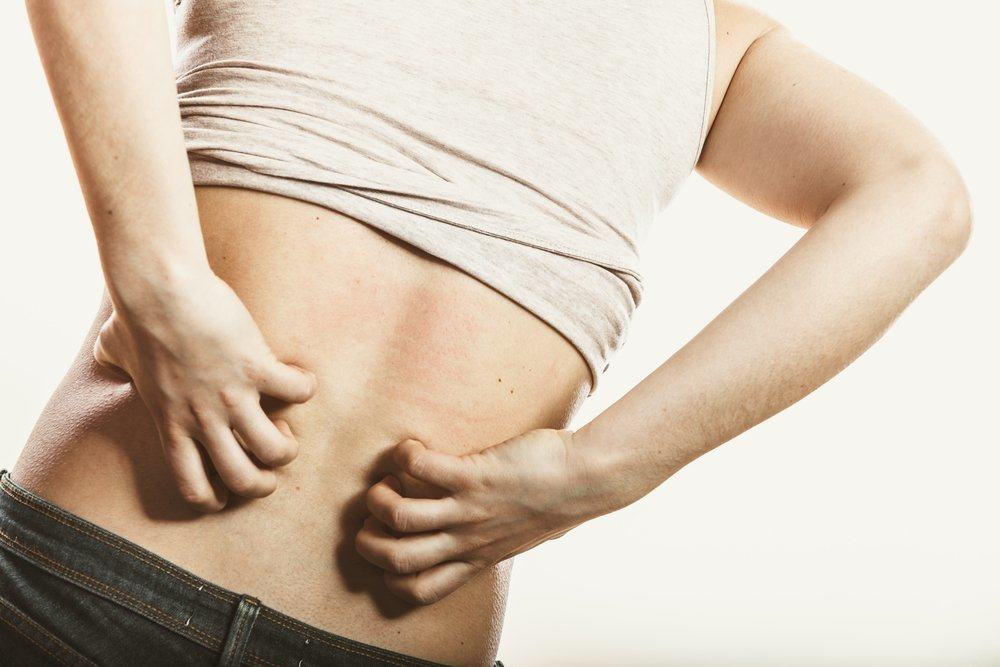Contents:
- Medical Video: Sleep Apnea
- Signs of sleep apnea that you should be aware of
- 1. Strong snoring
- 2. Frequent urination at midnight
- 3. Grinding teeth
- 4. Dry mouth
- 5. Frequent drooling
- 6. Excessive drowsiness
Medical Video: Sleep Apnea
Based on the results of the Indonesian Society of Sleep Medicine research reported by Kompas, people who experience sleep apnea in Indonesia find a fairly large number. In Jakarta alone there are around 20 percent of the population. Though this one sleep disorder cannot be underestimated. Because, this disorder can cause sudden death.
The good news, sleep apnea can be controlled if you are sensitive to signs and symptoms early. What are the symptoms and characteristics of sleep apnea? Here's the review.
Signs of sleep apnea that you should be aware of
Sleep apnea is a serious sleep disorder in which breathing often stops during sleep. In the medical world, sleep apnea caused by a blockage in the respiratory tract is called obstructive sleep apnea (OSA).
Obstructive sleep apnea can occur at various stages of sleep, both during non-REM (Rapid Eye Movement) and during REM. Because of this obstacle, the air flow to the lungs is choked up. So, you can imagine not, when you sleep suddenly the supply of oxygen that enters the body stops?
The blockage that occurs in the respiratory tract will cause a person to wake up suddenly. As a result, the quality of your sleep is reduced, making you less energetic and less productive the next day. This sleep disorder can occur for 10-60 seconds, but in the extreme stages this condition can also occur repeatedly every 30 seconds.
Sleep apnea is a condition that cannot be underestimated. That is why, it is important to know the various signs and symptoms of this condition so that it can immediately get the right treatment. Here are some of the most common symptoms of sleep apnea that you should be aware of.
1. Strong snoring
Snoring or snoring is the main sign of this sleep disorder. During sleep, the airways are in riles, weakness, and constriction. As a result, even though there is a movement of breath, air circulation becomes blocked. This makes the tissue around the respiratory tract vibrate, resulting in a disturbing snoring sound.
Most people who snore during sleep do not realize if they snore. Like suffocating during sleep, those who snore will wake up for a moment and then continue to sleep again.
2. Frequent urination at midnight
If you frequently urinate midnight, this can be a sign of sleep apnea. Sleep disturbance due to frequent urination arises due to the inhibition of the production of anti-diuretic hormone (ADH). The hormone functions to prevent you from urinating at night.
If the hormone is not produced, you will urinate more often. In addition, sleep apnea will also make you more sensitive about how full your bladder is at night. This also encourages you to urinate more often.
Frequent urination at night is called nocturia, which can be caused by various causes such as excessive fluid intake before going to bed, use of diuretic drugs such as furosemide, or because of benign prostatic hypertrophy.
3. Grinding teeth
Grinding your teeth, or in a medical language called bruxism can also be a sign that you have sleep apnea. For some people, this bad habit occurs unconsciously while sleeping.
The habit of grinding teeth that are still in the light stage does not require further treatment or treatment. However, in some cases, this bad habit can cause chin abnormalities, headaches, tooth decay, and other problems.
4. Dry mouth
Do you wake up often with a dry mouth or hoarse throat? If so, you must be vigilant. Because, this is one indication of sleep apnea. Dry mouth often occurs when the nose is blocked which causes a person to breathe through the mouth.
This can be due to flu, colds, allergies, or other medical conditions. Setting up a glass of water next to the bed can be the best way to deal with your dry mouth after waking up to reduce the risk of this disorder.
5. Frequent drooling
When awake, saliva produced by the salivary glands will automatically be swallowed. While in a state of sleep, the muscles of the body become more relaxed so that unconsciously the saliva is not swallowed and accumulates in the oral cavity. This happens even though when sleeping the amount of water produced by the body is less than when in a conscious state.
A sloping sleeping position can cause saliva collected in the oral cavity to flow out. This is what makes someone drool.
6. Excessive drowsiness
As explained above, sleep apnea will make your quality of sleep worse every night because you often wake up at night. As a result, you often get dizzy and your body does not feel refreshed when you wake up, have difficulty concentrating, and excessive sleepiness during the day (hypersomnia).

